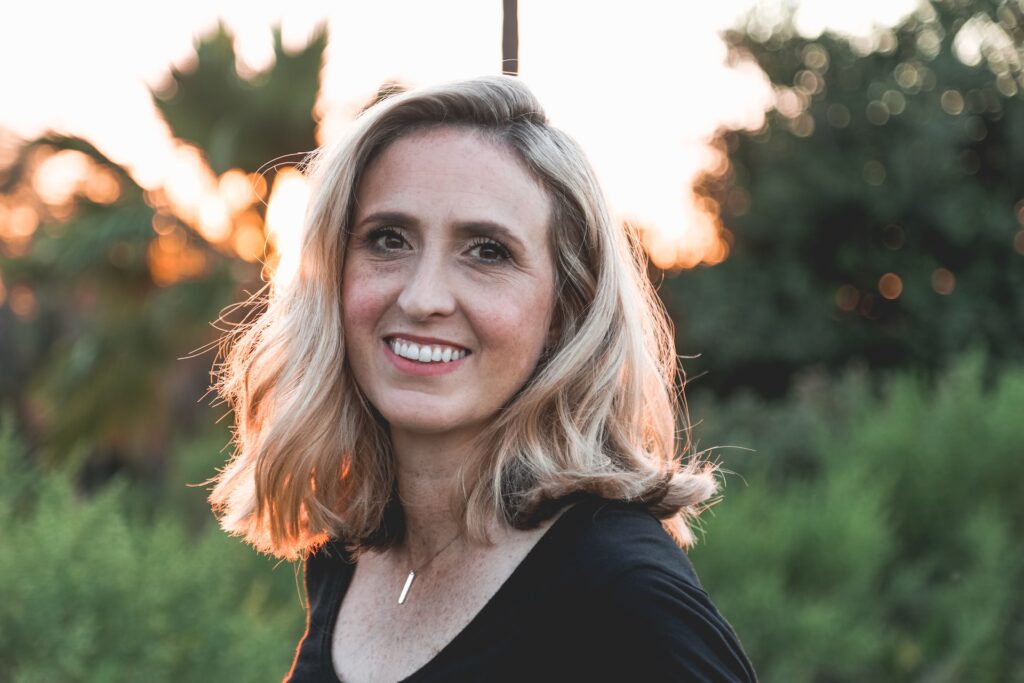Ovarian reserve is an important part of your overall fertility system. Ovarian reserve determines your chances of getting pregnant. However, factors, too, such as your age, medical history, diet, and lifestyle decide how likely you are to conceive. You can measure your possibility of getting pregnant through an ovarian reserve test.
It is common for women to know that their chances of pregnancy decrease as they age. It is because their ovarian reserve depletes with age. But your quantity of eggs can also decrease before your ageing process. It is called the ‘Diminished Ovarian Reserve.’ Read this guide to learn everything about the diminished ovarian reserve.
What is Diminished Ovarian Reserve?
The diminished ovarian reserve is an abbreviation of DOR – a medical condition where the quantity of your eggs (oocytes) is less than expected for your age. The diminished ovarian reserve is also known as a poor ovarian reserve or low egg count.
Your oocytes (eggs) are the building foundation for your fertility. If you have a low egg count before 30, it can become difficult for you to conceive.
You can measure your egg count through an ovarian test. It is a great way to measure your chances of getting pregnant.
3 Things to Know About Diminished Ovarian Reserve
- The common cause for diminished ovarian reserve (DOR) is when a woman’s ovaries lose their functionality. This can be due to multiple reasons, including genetics, diet, hormone imbalance, etc.
- Doctors use ultrasound and testing to gauge the number of eggs in your ovaries and to highlight any possibility of DOR.
- The diminished ovarian reserve mainly occurs sometime before menopause.
Average Egg Count Depending on Woman’s Age
The oocytes are an essential component that makes or breaks your chances of natural pregnancy. Women are born with a limited supply of oocytes (immature eggs). But the number of immature eggs decreases as you age. Eventually, when a female crosses her 30s, her ovarian reserve (egg quantity) drops rapidly.
If you are younger than 30 and your ovarian reserve test shows a low egg count – you should consult a fertility specialist. For your better understanding, here is what the average egg count should depend on the age;
- From Birth to 12 years: 1 to 2 million eggs
- After Puberty: 350,000 to 400,000 eggs
- During Menstrual Cycles: 250,000 to 300,000 eggs
- Age 35-40: 30,000 eggs
- Menopause: below than 1,000 eggs

Causes for Diminished Ovarian Reserve
Ageing is the most common leading cause of low ovarian reserve. But sometimes, other factors lead to diminished ovarian reserve before your age. These causes include;
- Poor diet
- Autoimmune disorder
- Ovary defect
- Endometriosis
- Ovarian surgery
- Chemotherapy
- Genetic disorder (X chromosome)
- Tubal disease
- Pelvic infection
- Mumps
- Excessive smoking
Symptoms of Diminished Ovarian Reserve
The diminished ovarian reserve doesn’t mean you are infertile if you are under 30. However, it can become challenging to conceive quickly. Here are some symptoms that may indicate you have diminished ovarian reserve.
- Irregular periods
- Hot flashes
- Chills
- Vaginal dryness
- Miscarriage
- Short menstrual cycle
The symptoms may vary from person to person. Hence, consulting a doctor is the best action if you notice these symptoms.
Final Words
There is nothing in your control to stop the diminished ovarian reserve. However, early diagnosis through tests and medication can help you maintain the quality of the eggs you are left with.
